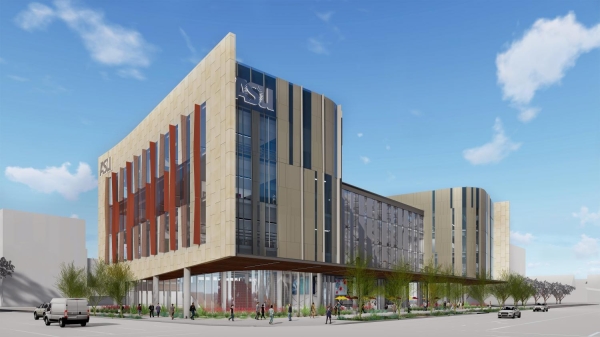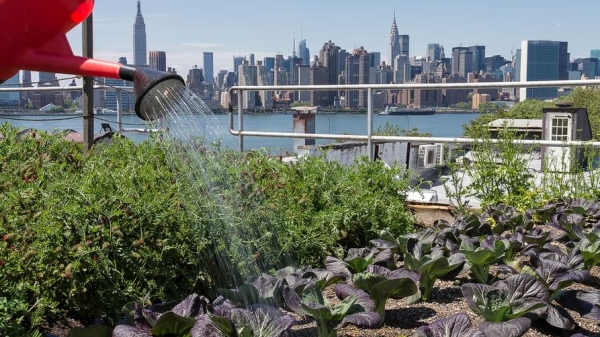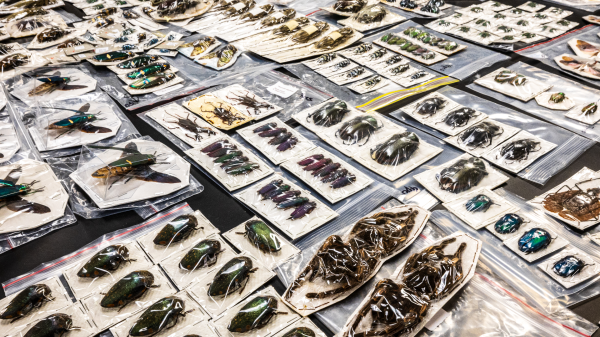Microbial realm holds key to more sustainable society
What Bruce Rittmann and his research colleagues are doing with microorganisms promises to help the world solve many of its energy and environmental challenges.
Rittmann is a professor in the School of Sustainable Engineering and the Built Environment, one of the Ira A. Fulton Schools of Engineering at Arizona State University. He also directs the Swette Center for Environmental Biotechnology at the Biodesign Institute at ASU.
The center’s team is working at the forefront of engineering and science endeavors to “manage microbial communities” in ways that could provide more sustainable processes to produce energy from renewable sources, clean up pollution and keep water supplies uncontaminated.
In an interview in a leading national magazine Rittmann reports on progress in his field – for instance, development of a “photosynthetic factory” that uses photosynthesis to make bacteria into fuel molecules, resulting in what could become a viable nonpolluting alternative to burning fossil fuels.
He also talks about the big steps it will take to achieve true global sustainability, such as dealing with the buildup of atmospheric carbon dioxide and the impact of the depletion of phosphorous on agriculture.
Plus, he comments on the advantages of graduate students over technology when it comes to getting good help in the lab.
Rittman was also interviewed recently about renewable resources issues by National Public Radio science correspondent Joe Palca for a podcast sponsored by the National Academies Keck Futures Initiative.
Article source: The Atlantic
More ASU in the news

ASU makes progress toward establishing new medical school, could admit students by 2026

How to Make Urban Agriculture More Climate-Friendly
